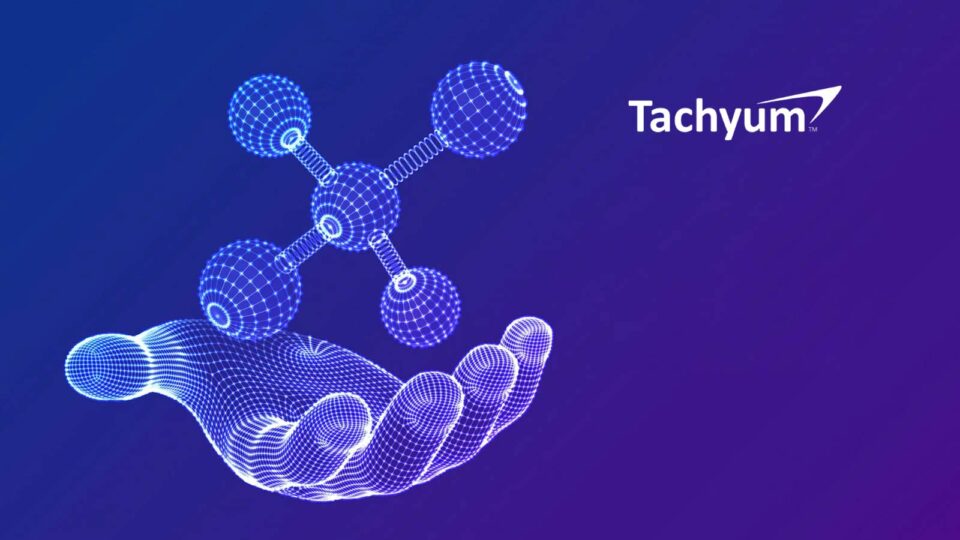Tachyum announced it has completed validation of its Prodigy Universal Processor and software ecosystem with the operating system FreeBSD, and completed the Prodigy instruction set architecture (ISA) for FreeBSD porting.
Top iTechnology Cloud News: Fivetran Deepens Relationship with Google Cloud: Partner for Google Cloud Cortex Framework and Launch Partner for Google Cloud Ready – BigQuery Program
FreeBSD powers modern servers, desktops, and embedded platforms in environments that value performance, stability, and security. It is the platform of choice for many of the busiest websites and the most pervasive embedded networking and storage devices.
The validation of FreeBSD extends Tachyum’s support for open-source operating systems and tools, including Linux, Yocto Project, PHP, MariaDB, PostgreSQL, Apache, QEMU, Git, RabbitMQ, and more.
“For more than thirty years, FreeBSD has been a mainstay in large-scale computing, and we appreciate the work of Tachyum’s software group to validate the Prodigy processing platform for these demanding environments,” said Dr. Radoslav Danilak, founder and CEO of Tachyum. “These users will gain extraordinary benefits using Prodigy, from performance to efficiency to simplicity to cost savings.”
Tachyum tested FreeBSD Symmetric MultiProcessing (SMP), networking and storage on the Prodigy emulation platform. All libraries and applications from “world” meta-packages have been re-compiled to Prodigy ISA, while other subsystems and meta-packages will be delivered in the future. The company intends to continue to expand applications ported and tested for FreeBSD in addition to Linux.
Top iTechnology Security News: Red Sift Strengthens Email Security For Cybersecurity-First Organizations Hosted on Microsoft Azure
Tachyum’s Prodigy processor can run HPC applications, convolutional AI, explainable AI, general AI, bio AI, and spiking neural networks, plus normal data center workloads, on a single homogeneous processor platform, using existing standard programming models. Without Prodigy, hyperscale data centers must use a combination of disparate CPU, GPU and TPU hardware for these different workloads, creating inefficiency, expense, and the complexity of separate supply and maintenance infrastructures. Using specific hardware dedicated to each type of workload (e.g. data center, AI, HPC), results in underutilization of hardware resources, and more challenging programming, support, and maintenance. Prodigy’s ability to seamlessly switch among these various workloads dramatically changes the competitive landscape and the economics of data centers.
Prodigy has the potential to create unrivaled computational speed and vast energy saving capabilities for hyperscale, OEM, telecommunications, private cloud and government markets. Prodigy’s 10x lower processor core power consumption will dramatically cut carbon emissions associated with data center usage. Prodigy’s 3x lower cost (at equivalent performance) will also translate to billions of dollars in annual savings to hyperscalers like Google, Facebook, Amazon and Alibaba.
Top iTechnology Cloud News: Glenn Gerstell, Former General Counsel of the US National Security Agency, to Address Attendees at Cloud Security Alliance SECtemberSM
[To share your insights with us, please write to sghosh@martechseries.com]


